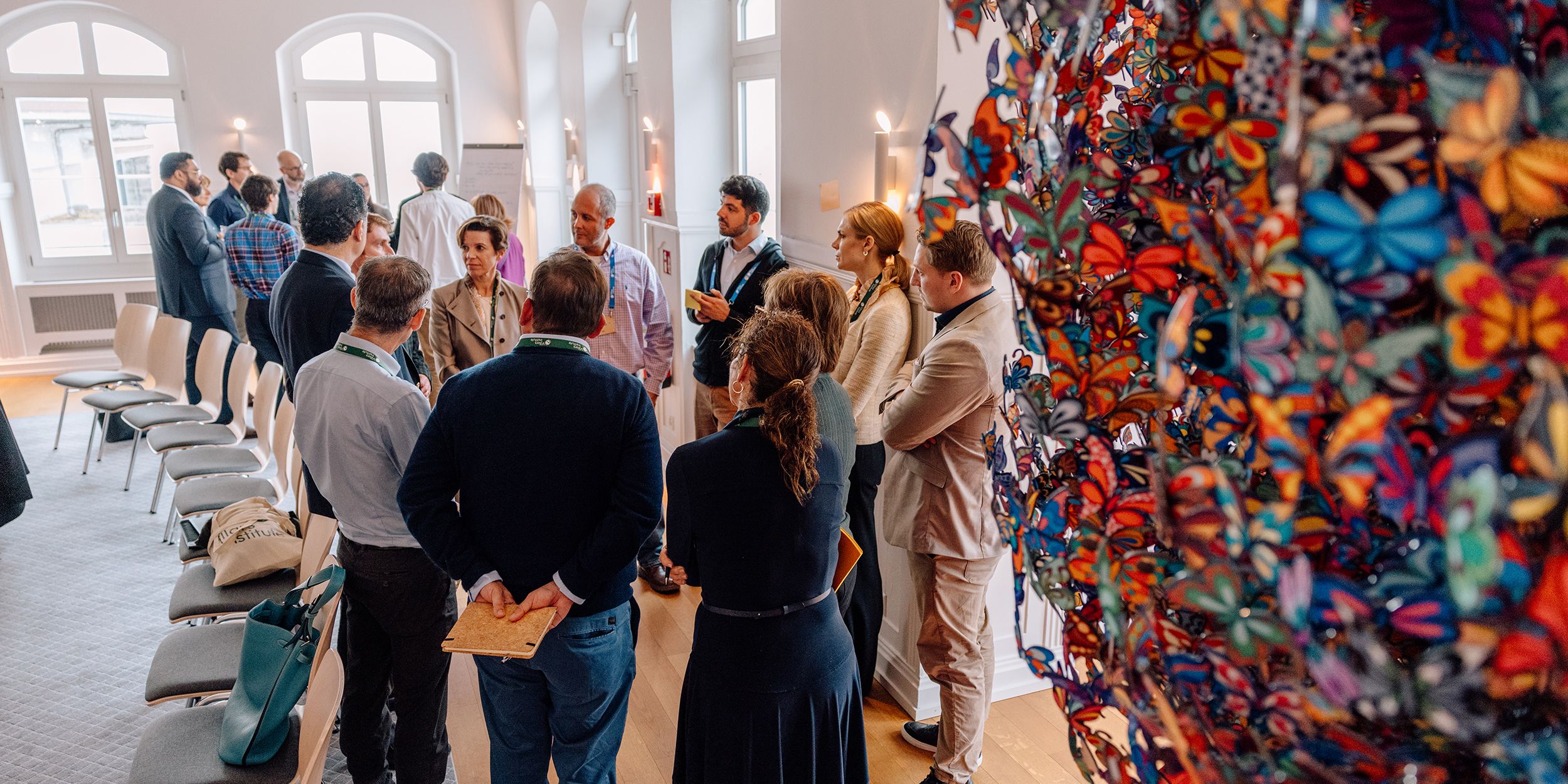The Ideas
The discussion began by emphasizing the importance of nature-based solutions for today and the future. These solutions have the potential to save $400 million by 2050 and remove 5 gigatons of carbon dioxide. Experts highlighted the importance of learning, and building on our past experiences, considering the role of indigenous knowledge, using multi-stakeholder collaboration, and leveraging technology. Multi-stakeholder collaboration will allow partners and other companies in the same domain to engage with local communities, to scale innovative ideas. Importantly, the discussion also explored the need for scalable and systemic pathways to restoration, as well as having trust, transparency, and a siloed approach were underlined. Experts reiterated the importance of combining transparency and indigenous knowledge, as it forms the basis for a comprehensive relationship between local communities, organizations, and the government.
Moreover, the discourse expressed the need for conservation and restoration. Participants underlined how the work that is done in conservation is important, but the work that needs to be done in restoration is crucial. It was acknowledged that restoration will be a long, costly, and uncertain process, but is a necessary one. The experts emphasized the necessity of creating a new narrative for restoration. They also stressed the importance of highlighting the benefits of restoration for the 300 million people living in the tropics on land suitable for restoration, as well as the financial advantages that will result from it.
The final theme discussed was ocean conservation. Ocean conservation often falls through the cracks when discussing nature restoration, so experts found it important to bring it to the table. They began by underlining the many stresses on the ocean such as overfishing, ocean warming, marine pollution, plastic pollution, and shark finning. All these issues are interconnected by one thing: weak governance. We lack robust policies to hold the fishing industry accountable, support the livelihoods of people in the industry, reduce plastic pollution, and secure greater commitments from governments, businesses, and society. The experts also suggested systemic approaches to address these issues, including economic incentives, community engagement, global knowledge sharing, technology and innovation policies, and governance frameworks.
The Perspectives
Participants highlighted that fish are wildlife and that if what happens with fish happens with other animals that are considered wildlife, there would be public outrage. So, it is necessary to bring the information about overfishing to the public, and frame it in a way that would incite said rage.
During the discussion, one participant highlighted the importance of coral reefs, emphasizing that they have a significant impact due to the vertical and horizontal dimensions of the ocean, unlike terrestrial environments. An example was given of how coral reefs can help mitigate the effects of land run-off on marine life, as seen in Turkey where mussels were affected by strong pH levels from run-off.
The conversation then returned to the topic of restoration, with a focus on ensuring that environmental needs are met for long-term sustainability. The discussion emphasized the need for rapid adoption of advanced technologies to reverse environmental damage, particularly in emerging markets. It was also noted that local capacity for restoration exists but requires support and resources. International organizations were called upon to scale up restoration efforts and make a greater impact. The importance of proactive regulation was stressed, with a focus on demonstrating the feasibility of innovative ideas and frameworks rather than waiting for policies to be enacted.



